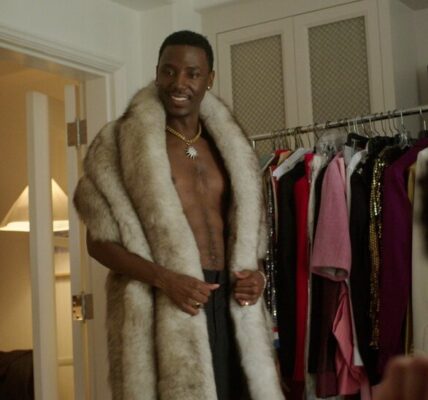“What’s the music doing now, and does it need me?” Schulkowsky asks. “Does it need me to be quiet, or does it need me to participate? It’s that open invitation all the time, so it’s hugely political, I would say, listening today.”
Beyond his work as a composer, and informing it too, Wolff remained active as a performer, playing in a wide variety of settings over the decades, from a longtime association with the Merce Cunningham Dance Company to a surprising album with Sonic Youth. Unlike Cage, he embraced improvisation, performing as an adjunct member of the English ensemble AMM. Even now, he continues to embrace spontaneous collaborations — and will do so during his birthday concert.
Designated a “mini-marathon,” the concert is being organized by String Noise, the violin duo of Conrad Harris and Pauline Kim Harris. (They are producing it with Issue Project Room, the Brooklyn experimental-arts venue, in partnership with the Judson Memorial.) The Harrises have assembled a program spanning the composer’s entire repertoire, from the early “Duo for Violins” to the newly composed “What If.” Wolff will improvise with the composers David Behrman and John King, colleagues from Merce Cunningham’s company; and with Ikue Mori, the MacArthur grant-winning electronic composer.
His influence, though difficult to define precisely, has continued to grow. “There’s something in the best way unfinished about Christian’s work,” the composer and improviser Michael Pisaro-Liu said in a video interview. Mr. Pisaro-Liu, 62, has had a long, close association with Wolff’s music as a member of the Wandelweiser Group, a composers’ collective profoundly inspired by the New York School, and has played and recorded with Wolff.
“Much as I love Feldman’s music, if you imitate it, it’s always going to be second-rate Feldman, because it’s a highly idiosyncratic and personal language,” Pisaro-Liu said. “Obviously, Cage was immensely influential. But if you’re a composer and you share a lot of Christian’s interests in the agency of the performer, in the social aspect of that, there’s a gold mine of techniques and ideas in the music that you could take up without imitating Christian.”
What makes Wolff’s ingenious achievements even more remarkable is that for most of his life, composition was a sideline to his principal career as a professor, a course he pursued in order to reliably support his growing family. He studied classics and literature at the University of Florence and Harvard University, and then taught classics at Harvard from 1962 to 1970. Arriving at Dartmouth in 1971, he began to teach music for the first time, alongside classics and comparative literature.




